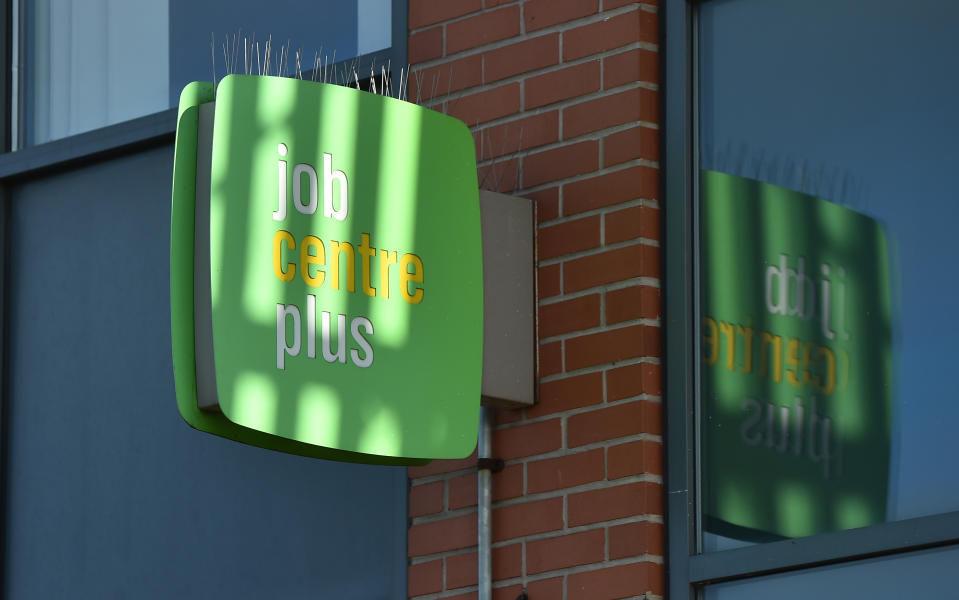New Job Support Scheme set to replace furlough programme

Rishi Sunak’s furlough scheme is coming to an end on Saturday 31 October and will be replaced by the new Job Support Scheme (JSS) on Sunday, offering a lifeline to both staff and companies throughout the winter months.
Combined with the Job Retention Bonus (JRB), the JSS will continue to support millions of workers across the country until April 2021 — covering at least 95% of the total employment costs for average previously furloughed employees.
According to HMRC, the initial furlough scheme protected almost 10 million jobs over the last eight months, in the midst of one of the biggest economic downturns the country has ever seen. It covered 80% of wages up to £2,500 ($3,300).
The new £13bn scheme is specifically designed to protect businesses who have been forced to close due to the pandemic or face lower demand than normal over the winter period.
Last week, the government revised the JSS and confirmed that it will now contribute 62% towards the wages of staff for the hours they do not work, while employers pay just 5% plus national insurance and pensions contributions. Employees receive a minimum of 73% of their wages.
Under JSS Closed, which is for businesses legally required to close due to lockdown restrictions, the government will pay two thirds of each employees’ salary with employers just covering national insurance and pension contributions, a small proportion of overall employment costs.
READ MORE: Chancellor Rishi Sunak: Government can't support UK economy forever
Firms who retain staff that have previously been furloughed until the end of January will also receive a £1,000 per eligible employee payment under the JRB.
For many lower-earning employees on Universal Credit (UC), the combined impact of the support of the JSS and UC will mean they could receive around 90% of their normal net income. Employees must work 20% of their hours to qualify for support.
Before the chancellor revised the package, the scheme originally required people to work 33% of their regular hours.
After three months, the government will consider whether to increase the minimum hours threshold.
Chancellor Sunak, said: “I’m pleased that the IMF this week called our response to the pandemic one of the best examples of coordinated action globally- the furlough scheme has been central to that, supporting 9.6 million jobs through some of the most challenging economic times.
“But it’s right that as we move towards a more targeted approach to tackle the virus, our support becomes more targeted too.
“The Jobs Support Scheme will continue to protect jobs throughout the difficult months ahead and is part of our comprehensive Plan for Jobs.”
It is estimated that the revised Job Support Scheme could end up costing the exchequer £10bn.
Watch: What is the Job Support Scheme and how has it changed?

